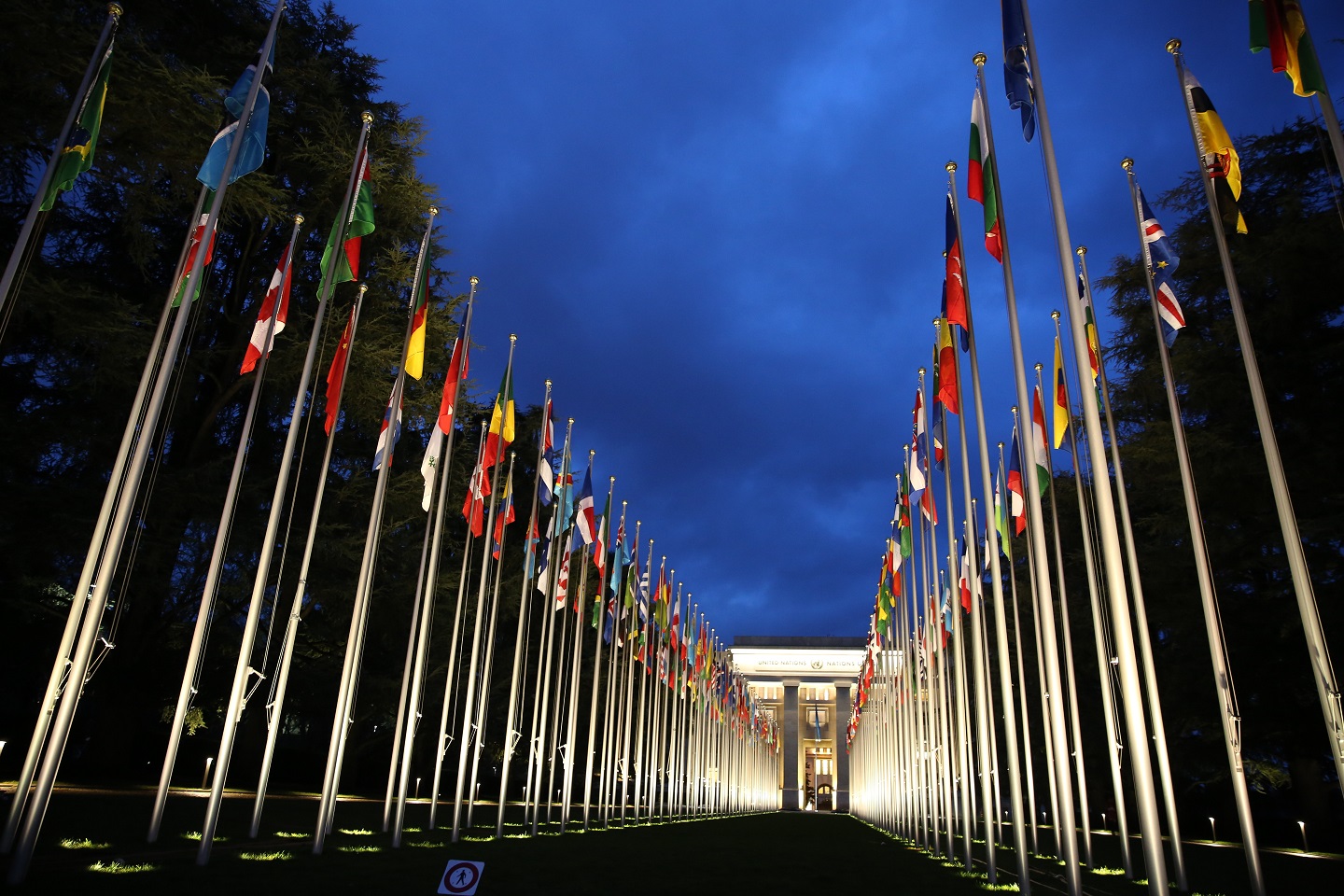(Sunday Observer) On Wednesday, October 9, 2024 at the United Nations Human Rights Council (UNHRC) session currently taking place in Geneva, Sri Lanka rejected the resolution which extends the mandate of the external evidence gathering mechanism a.k.a. the Sri Lanka Accountability Project pertaining to the last phase of the armed conflict in the country, contained in Human Rights Council Resolution 51/1 and the preceding Resolution 46/1.
There is nothing new in this outcome or the political circus that Geneva has become for Sri Lanka. Successive Governments have rejected the Resolution in the past, except during the Yahapalana administration (2015-2019) when, for reasons best known to them, the Government decided to co-sponsor the resolution against itself.
Since the end of the war, Sri Lanka has been hauled before the UNHRC for over 12 years to be publicly humiliated or ‘named and shamed’ for a situation with which normal citizens of the country had nothing to do.
To be clear, there is no denying that the violations under scrutiny in Geneva were committed by an autocratic leadership which had no real responsibility to the people. But during the war and for years after, these leaders found it politically expedient to use the impassioned rhetoric of nationalism to protect themselves locally, while continuing to rob the country that culminated in Sri Lanka’s economic and financial crisis in 2022, which continues right up to the present.
The public ‘naming and shaming’ on a global stage occurred due to the extremely negative political baggage and the trust deficit past Governments continued to carry in the human rights and corruption fronts.
Clear mandate
Now that there is a new Presidency in place in the country and hopefully a new Government with a clear mandate from the people by the middle of next month, where do we go from here as a country?
The issue here is not that those at the helm of the Government and its agencies should not be held responsible for human rights violations. But it should not be a matter for an international kangaroo court subjecting the entire country and its people to a slow-moving global show trial simply because the culprits could not be touched.
This is collective punishment on the global stage at its most vulgar. More importantly, the self-appointed UN adjudicator, the UNHCR is not an unbiased body. Let us look at a few of the plain facts. Right now, it is unlikely Israel would ever be dragged before the Council in the way Sri Lanka, Cuba, several African states and other less powerful countries have been, despite the ongoing large-scale violence Israel is committing in Gaza and Lebanon.
The human rights records of many countries claiming the moral high ground in the Security Council and the UNHCR, including the P5 (Permanent Five of the Security Council) are far worse historically and also when taking into account the colonial excesses, than what Sri Lanka is accused of committing.
To its credit, the new Sri Lankan caretaker Government, while rejecting the Resolution has agreed that the country firmly believes in acting on the main human rights issues flagged in the UNHRC resolutions including reconciliation through local procedures as have previous Governments.
Meaningful ways
This means that Sri Lanka will engage in meaningful ways with the Human Rights Council and attempt to address the outstanding matters via regular human rights and legal mechanisms operative within the country.
The bottom-line, however, is that the present rejection in word and rhetoric is not different from what previous Governments have consistently done. So, what would be different this time? How effective is simply rejecting the Resolution without even a shadow of an alternate plan being presented? Was this the advice given by the Foreign Ministry?
In the prevailing circumstances, is there anything different or can there be anything different this time? Right now, we have a Presidency and a new Government after November 14 that would not have the same burden of corruption and human rights abuses previous regimes had to carry after inflicting these on themselves and the hapless citizenry. These are crosses that the culprits who far exceeded power and consciously carried out wrong orders must bear, even if we consider routine deprivations of war. The war itself was not merely a matter of human rights abuse and human suffering, but also a matter of vulgar business and extreme abuse of power for many people in high leadership positions at the time.
This is what needs to change now. What is wrong is simply wrong. If an individual has exceeded authority at any level, that needs to be dealt with irrespective of his position or social standing. It is not that Sri Lanka cannot investigate such matters on its own and deliver justice. But the political will do so must exist along with the empathic support from the people, the Parliament. Local judicial and investigative mechanisms including possible special agencies to investigate these specific issues should be strengthened and protected from interference.
This must necessarily come from a revitalised and enlightened leadership that can only come with the legitimacy a new Government delinked from the corruption and abuses of the past can bring.
If we fail again, then, we must resign ourselves to more annual circuses of humiliation to continue in Geneva for the foreseeable future.
